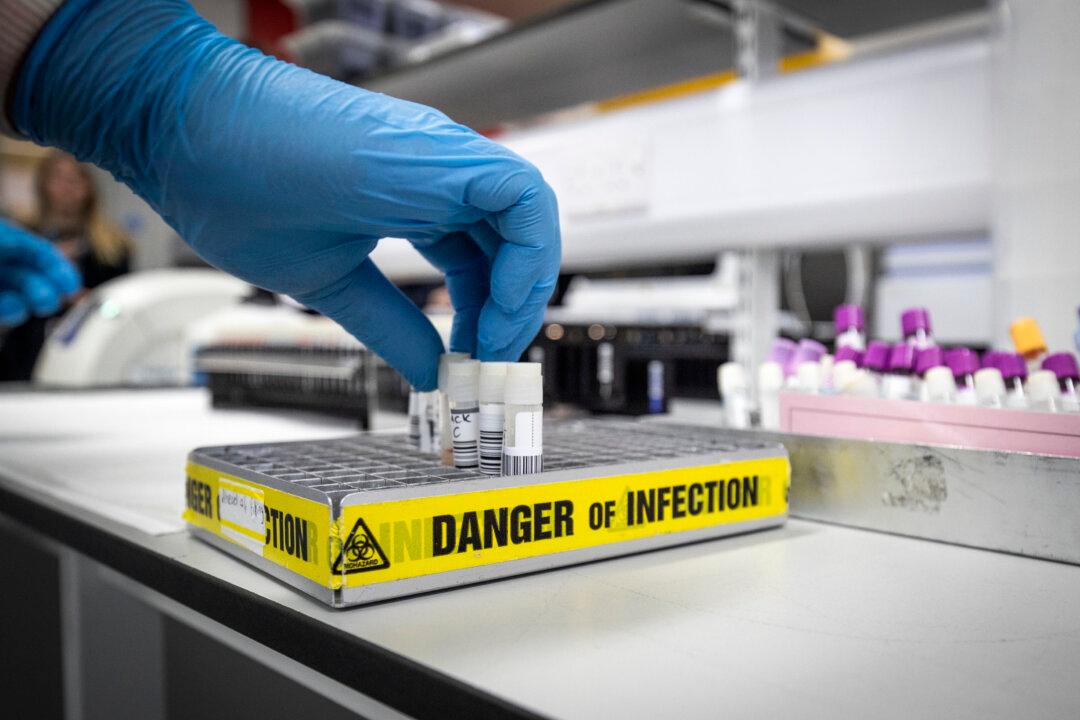Public health labs in every state could have the capacity to test samples for the new coronavirus in the next week, the CEO of a group that represents state and local labs said Thursday.
“Our goal is to get testing up and running in every state in the next few days or a week,” Scott Becker, CEO of the Association of Public Health Laboratories (APHL) told The Epoch Times.





